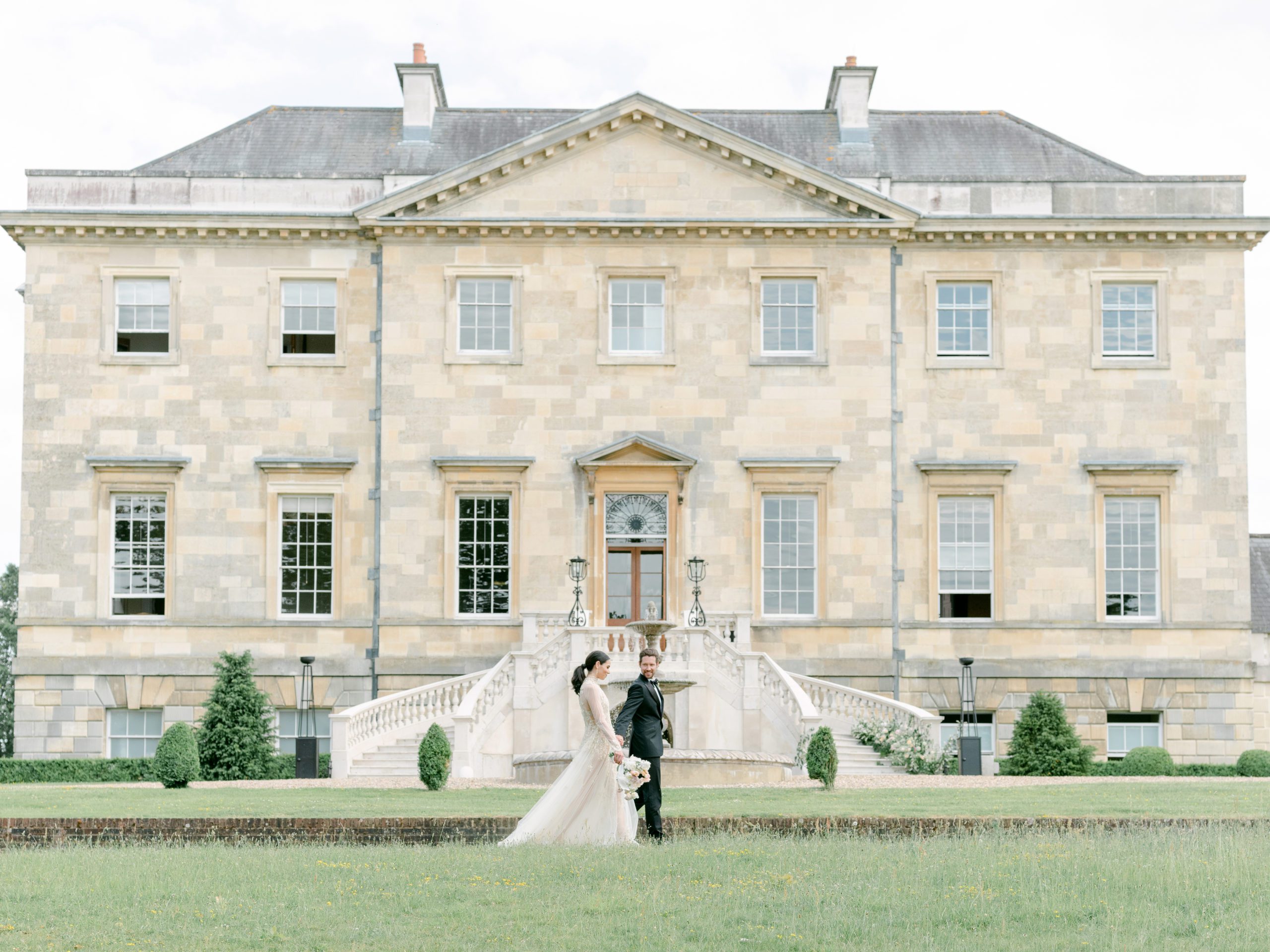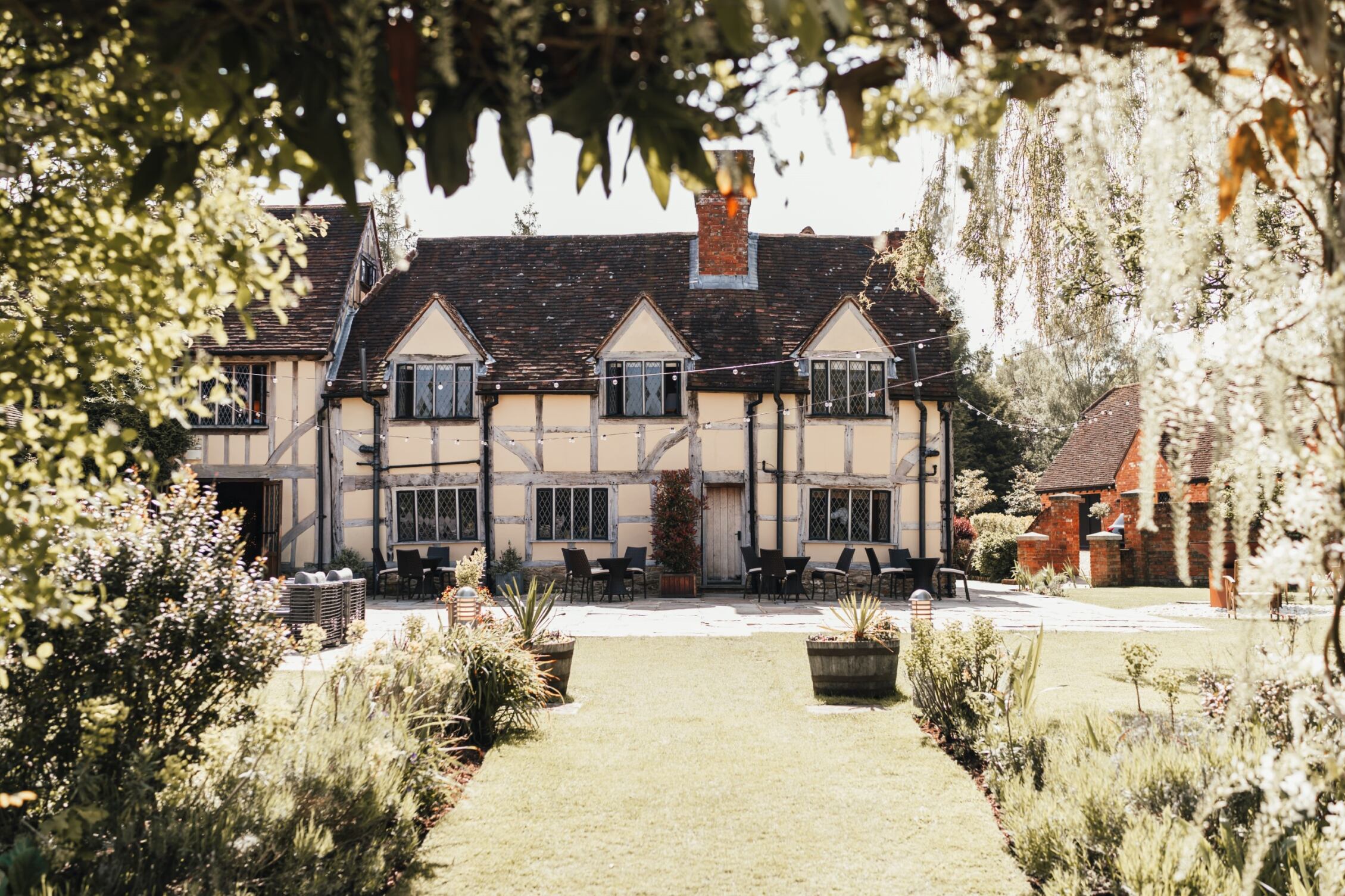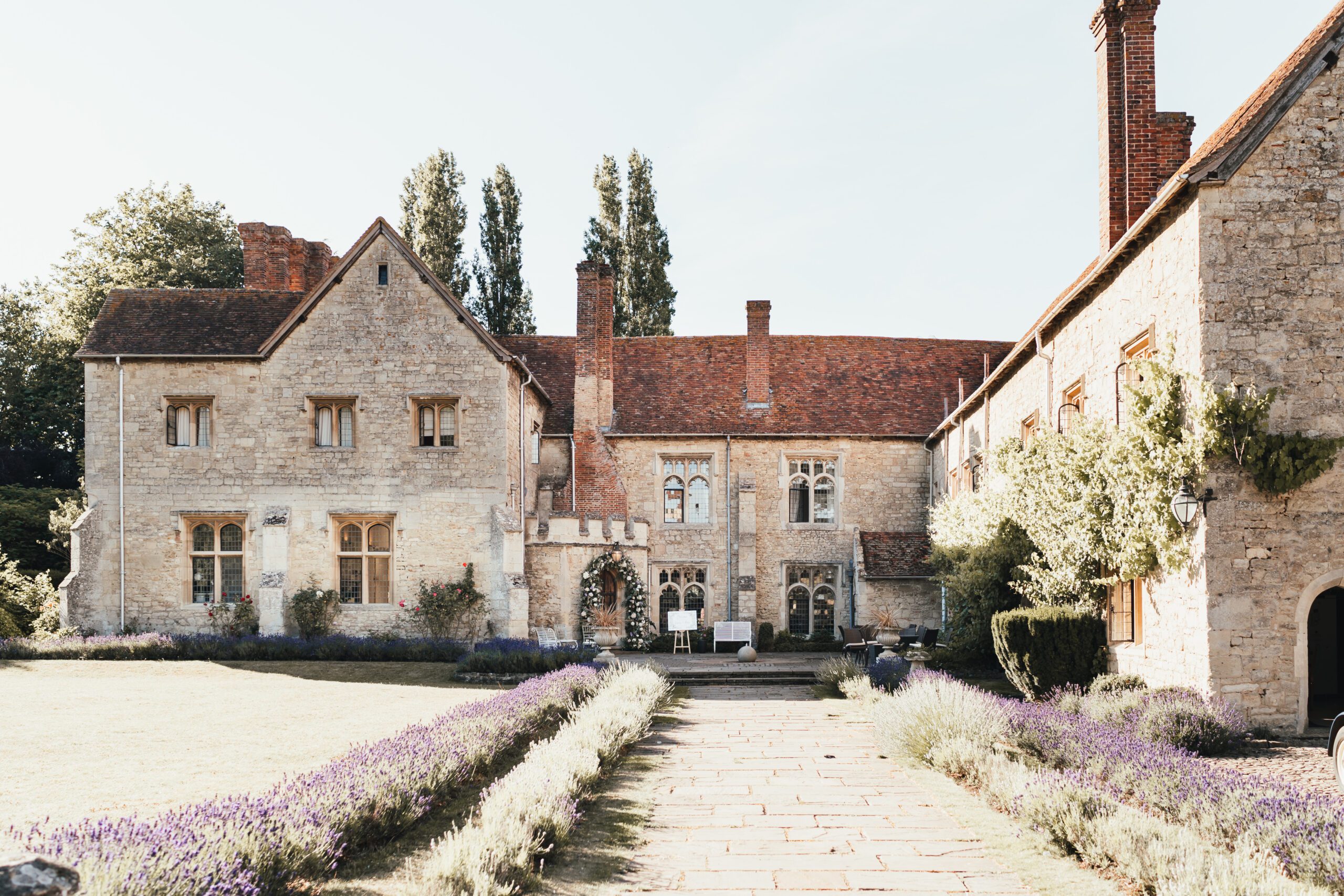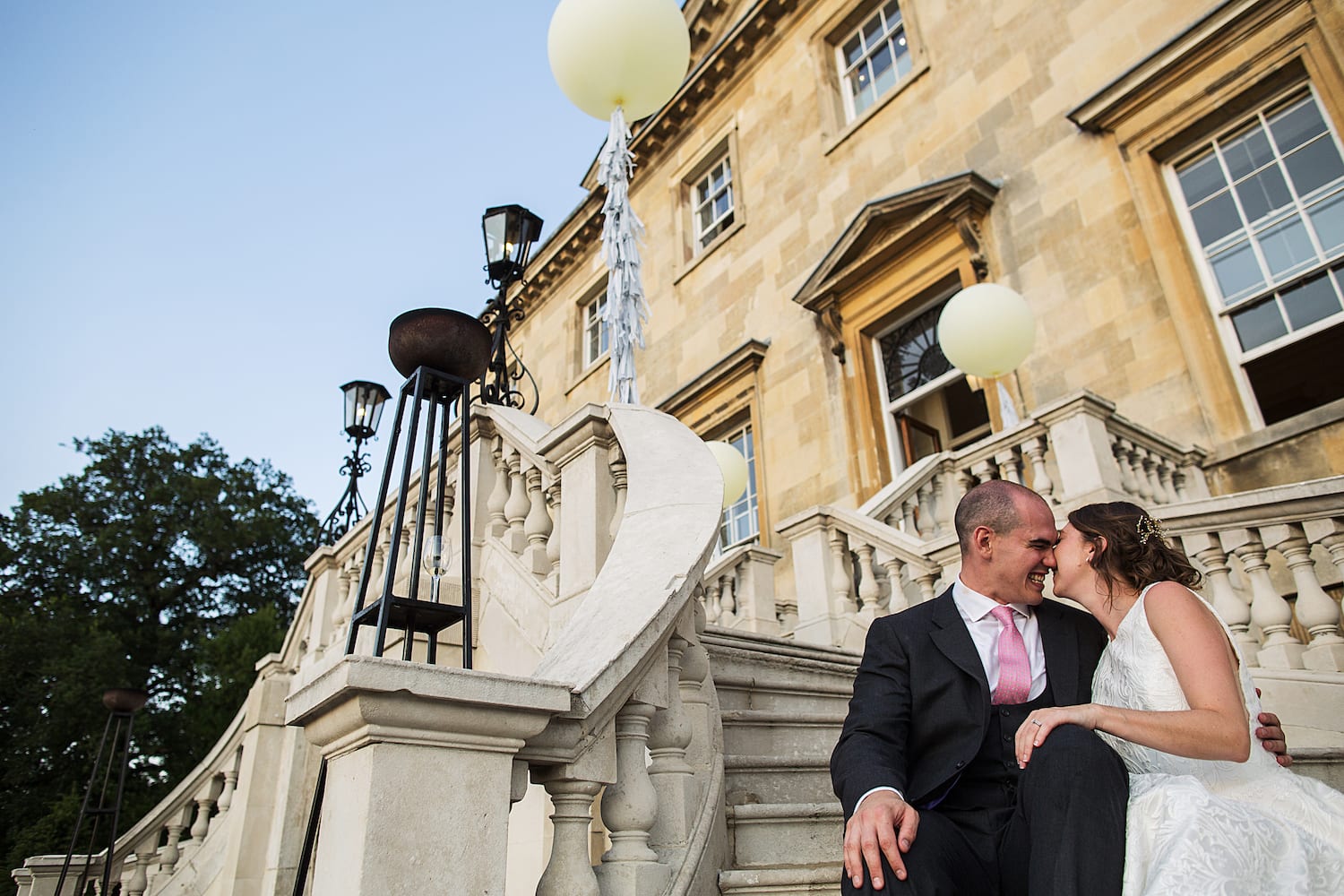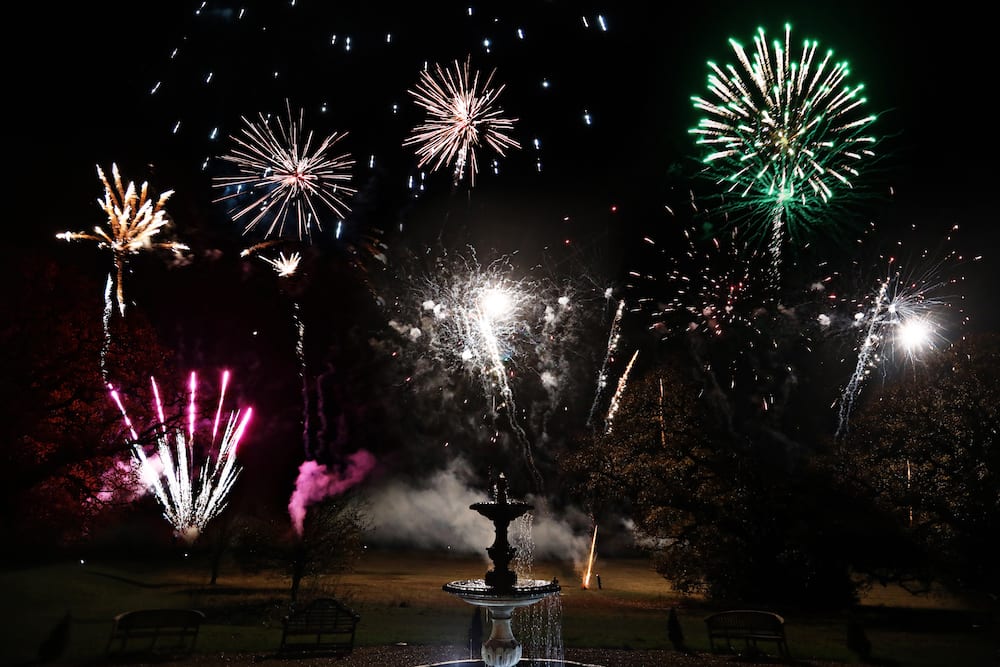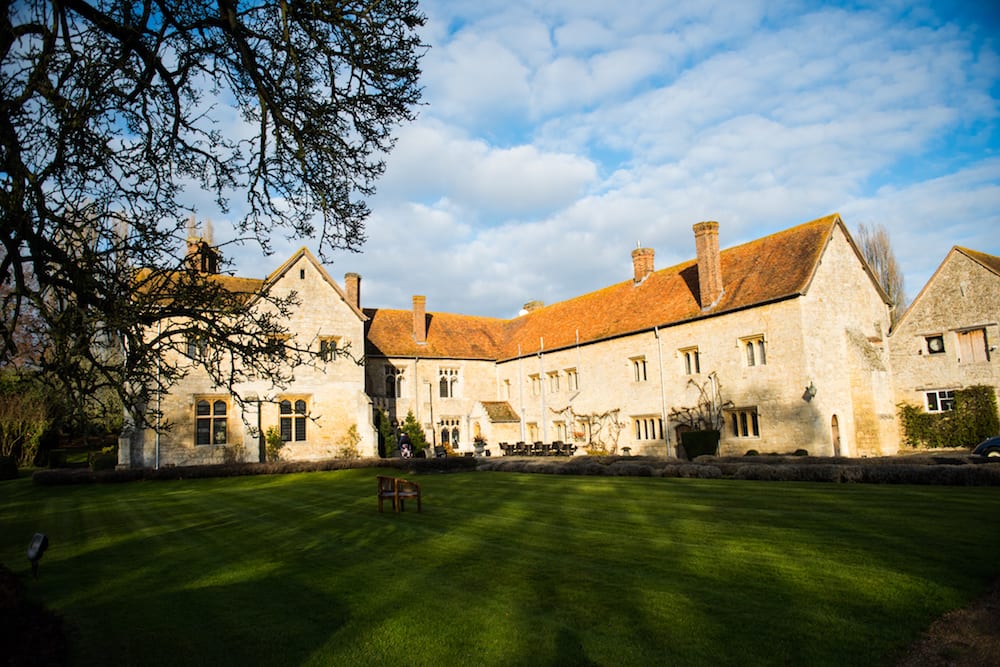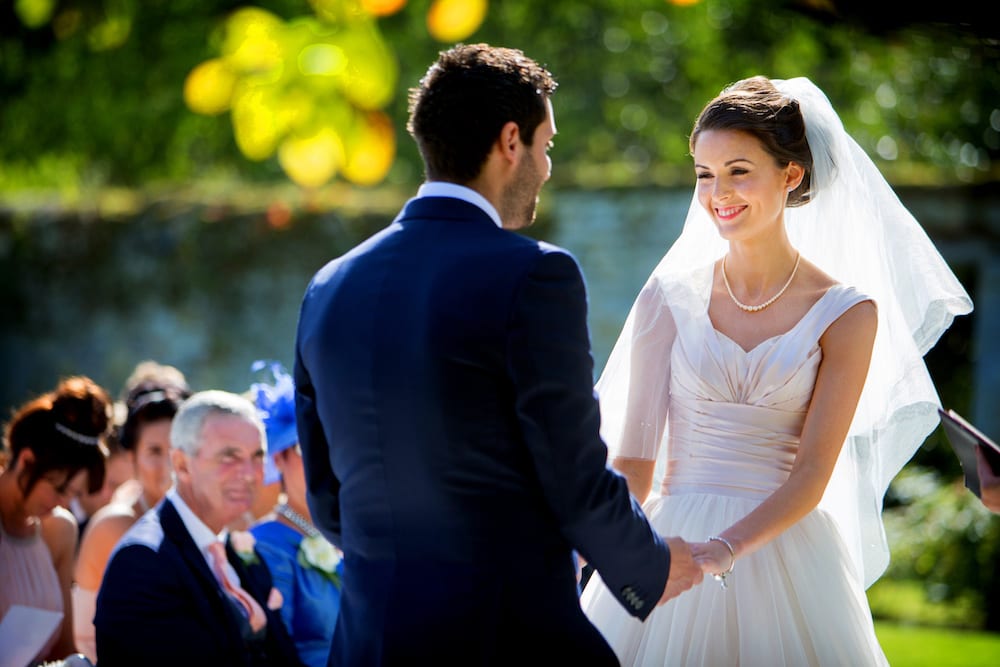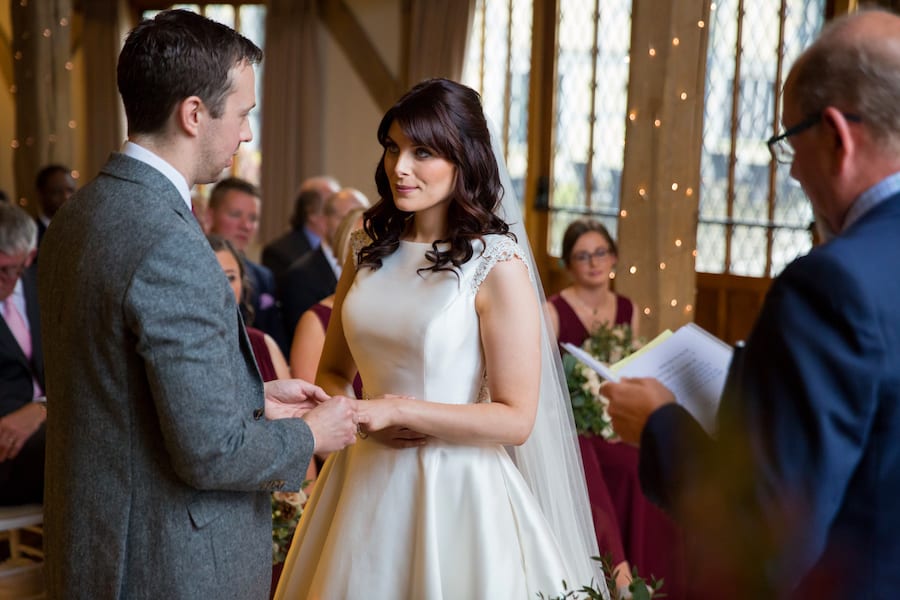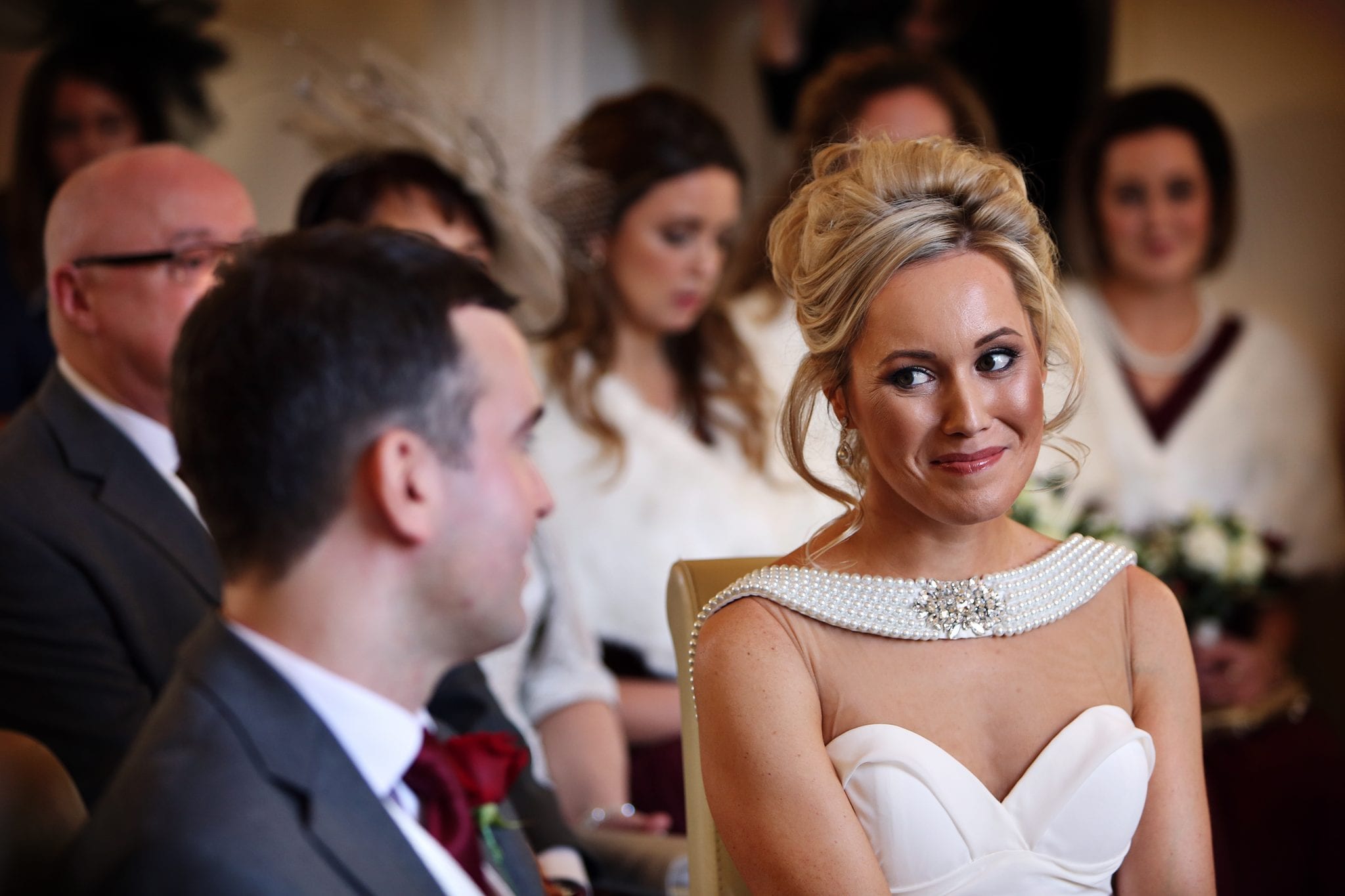A GUIDE TO CIVIL WEDDING CEREMONIES IN THE UK
Your ultimate guide to planning a civil wedding ceremony in the UK
The civil ceremony, since the amendment of the Marriage Act in 1995, has become the most popular form (60% of the total) of marriage ceremony in England and Wales. Non-government buildings can now be licensed for civil ceremonies and partnerships, which has, among other things, led to the development of a whole industry of dedicated country house wedding venues.
Civil wedding ceremonies and partnerships in England and Wales
Couples have been spoilt for choice for a vast array of wedding venues on offer since the residency restrictions in the Marriage Act were amended in 1994 to allow couples to hold their civil ceremony in any district. This is also the case for civil partnerships, which were granted under the Civil Partnership Act of 2004.
Contrary to common belief, a civil ceremony doesn’t dictate a drive-through, vegas-style affair. A civil ceremony is simply a non-religious, legal marriage, which is presided over by a legal official instead of a religious one.
The first step is to visit the registrar’s office in the district you live, where you will be advised on the procedures involved and any specific legal issues that may be applicable to your situation.
Most marriages or civil partnerships require at least 28 full days notice of marriage. You should make this visit as soon as you can, even if you’re planning on getting married at a licensed venue in a different district, as you will still need to give notice at your local Registrar’s Office.
You will need to take evidence of your name, date of birth, nationality and place of residency. Your notice will then be publicly displayed in the registry office for 28 days, after which time, the superintendent registrar will issue the certificate allowing the marriage to take place, providing no objections to the marriage have been received. You must get married or register your civil partnership within one year of this date.
